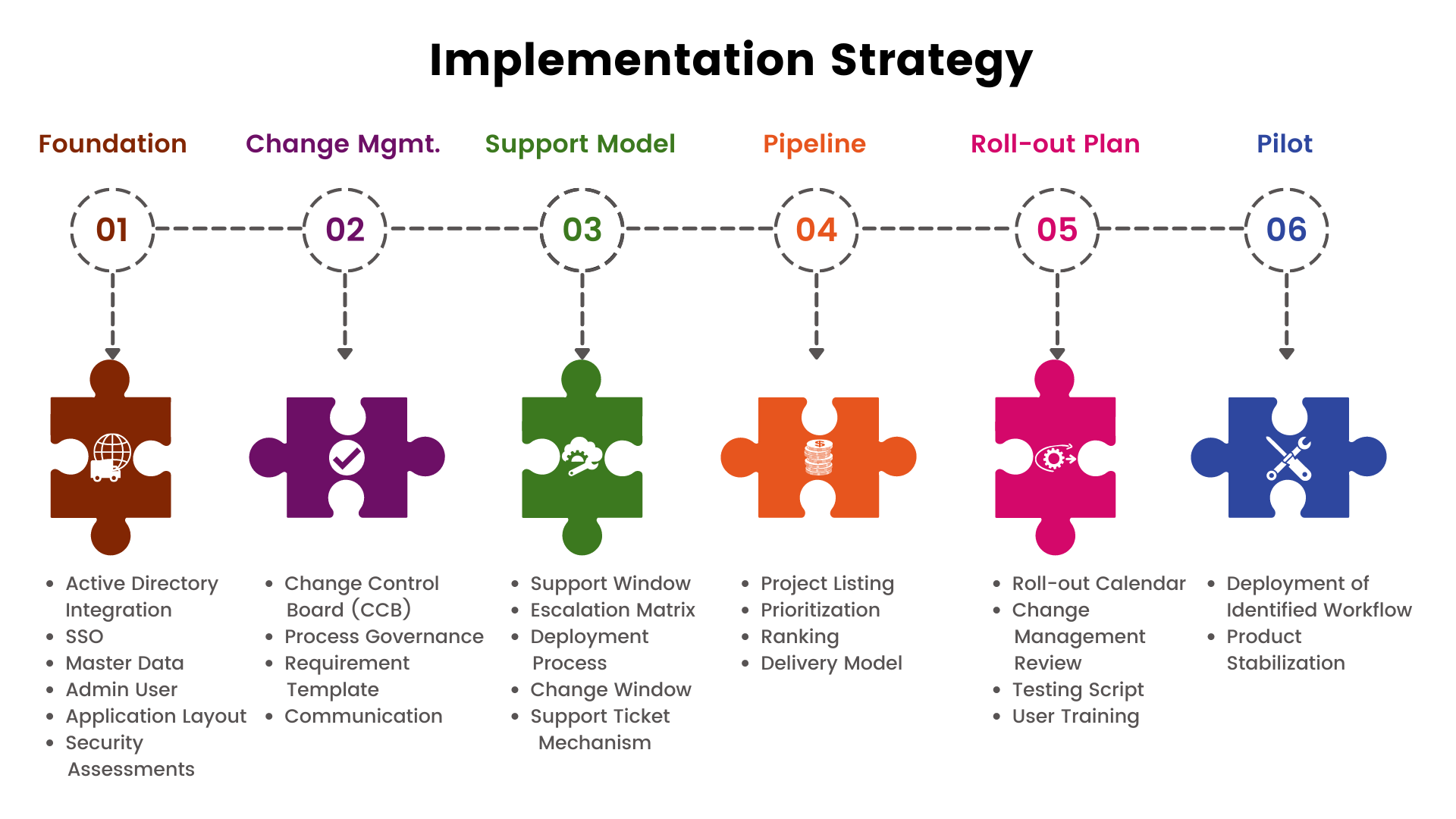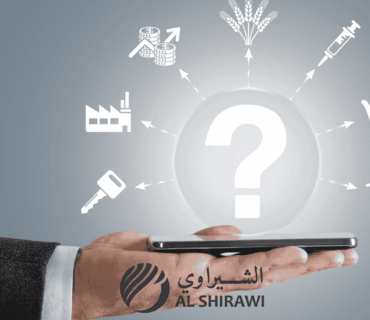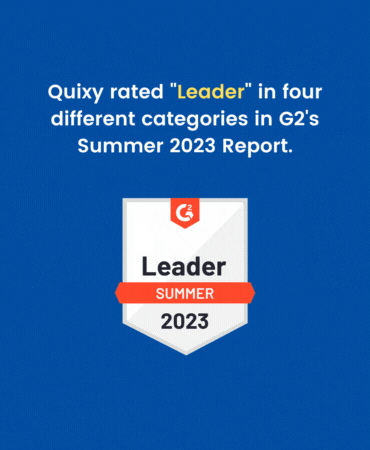Success Story
Application Development Time Reduced by 60% for Compass Group

Info
- Customer : Compass Group
- Domain : Food & Support Services
Customer Brief
Compass Group India is a 100% owned subsidiary of Compass Group PLC, one of the world’s leading food and support services companies with annual revenues of over £16.9 billion. It operates at thousands of client locations worldwide, from hospitals, schools, and oil rigs to corporate headquarters and the world’s biggest entertainment venues.
Compass Group India holds a strong presence in India for its business offerings of food and support services. They currently serve over 450+ clients in India, spread across 45+ cities. They serve over 32 million meals per year while managing over 100+ million sq feet of high-class buildings covering various asset classes. Compass Group currently employs more than 17,000+ people countrywide.
Challenge
Like any other organization, Compass had various interdependent processes between different departments, including finance, procurement, HR, and admin. These processes included vendor onboarding, budget approvals, procurement, and data collection, to name a few. Most processes were based on paper-based forms, e-mails, word documents, and spreadsheets, leading to an enormous lack of visibility over any process. This made information management tedious and complex, as data traceability, governance, and adherence became significant problem areas.
As the data was collected and processed through non-structured mechanisms, redundant entries made it difficult to keep a repository of the accurate master data. Multiple and scattered records also meant that meaningful data was getting lost through this mechanism. There was an immediate need to establish standard processes that would ensure transparency and data uniformity throughout the organization, leading to effective data management.
After Compass identified these bottlenecks, they decided to adopt Business Process Automation. Wanting to avoid the time and cost disadvantages of traditional development, they decided to go for no-code. They were on the lookout for a platform that provided easy-to-use and effective features like drag and drop designer, workflow configurator, and CRUD application capability. They also wanted the platform to design both simple and complex approval workflows, depending on their need. After careful evaluation, they chose Quixy to be their trusted digital partner as it fulfilled these criteria perfectly.
Solution
Having chosen the no-code partner, Compass wanted to establish a thorough implementation strategy to ensure success for the initiative. The strategy included setting up a foundation, plan for change management and support model, selection criteria for workflows to be included in the implementation, and roll-out.

7 high-impact workflows were chosen as part of the selection. With a focus on standardization of processes and data management to improve efficiency and transparency, the team at Compass used the Quixy platform to automate these workflows cutting across Procurement, Finance, and Admin departments. Given the speed and flexibility of no-code technology, the pilot process of Capex Requisition involving complex workflows was automated within three weeks and deployed across the organization. The implementation involved process mapping, data design, setting up the master data, business rules and validations, and the configuration of the complex workflows. Another crucial process that was automated was vendor onboarding. The solution was developed in just four days.

From statutory data collection to multi-level approvals, automated workflows were set up and deployed for numerous applications in record time using Quixy. These workflows ranged from simple to complex, various bottlenecks and complications associated with traditional data management were eliminated. sequential and parallel according to the requirement. As a result, various bottlenecks and complications associated with traditional data management were eliminated.
Benefits Galore
The results from the Business Process Automation journey taken by Compass Group were extremely impressive. The adoption of no-code technology led to a significant reduction in cost, time, efforts, and errors. Setting up of master data using Quixy data tables ensured data standardization across all processes and departments.
While the app development time was reduced by over 60%, visibility, transparency, and traceability across various processes increased significantly.


Other Case Studies
Quixy rated as the top No-Code platform by users























